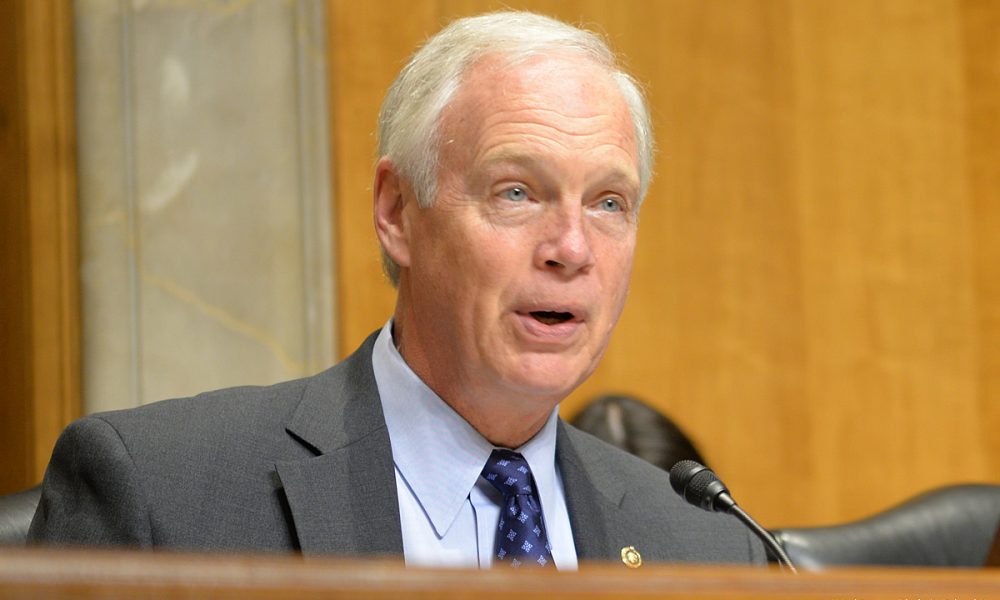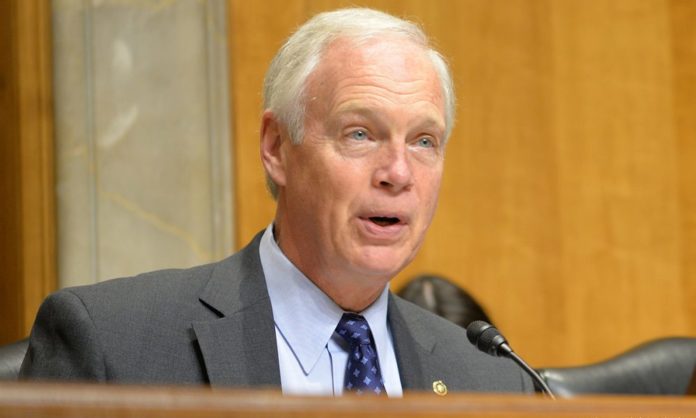
Amid fears monkeypox would spread at an increased rate at the end of summer as gay men gather in close quarters for dance parties and other celebrations, health experts are starting to emphasize that the current outbreak isn’t spreading through minimal skin-to-skin contact, such as brushing up against a fellow shirtless dance partner, but rather through sexual activity and overwhelmingly among men who have sex with men.
With reported cases of monkeypox in the United States this week reaching 15,505, according to data from the Centers for Disease Control, a number of health experts who spoke to the Blade talked about outright declaring monkeypox a sexually transmitted disease as part of this messaging — although they acknowledge such a label would have pros and cons.
Juan Carlos Loubriel, senior director of community health at the D.C.-based Whitman-Walker Health, was among the health experts making the distinction between the negligible risks of transmitting monkeypox through brief skin-to-skin contact as opposed to sexual activity.
“I’ll say that we need to provide the real facts to our community that indicates right now that the majority of the cases are sexually transmitted, right?” Loubriel said. “So transmission is not occurring by casual touch, right? That’s what we know as of today … So the majority of the cases [are] by prolonged skin-to-skin contact, and during sex there is a lot of skin-to-skin contact.”
As health experts at large are beginning to make a distinction in how the disease is transmitted, the Biden administration has also taken up messaging that downplays the risk of monkeypox transmission through minimal skin-to-skin contact.
Demetre Daskalakis, who is the face of the LGBTQ outreach for the Biden administration as deputy coordinator of the White House monkeypox task force, made colorful remarks Friday during a conference call with reporters downplaying the risk of contracting monkeypox through brief contact, quoting a senior policy adviser at the CDC who has studied LGBTQ health issues.
“I think I’m going to quote my friend Robbie Goldstein that sex involves friction, and friction seems to be how this happens,” Daskalakis said. “So, I think, that from the perspective of events, the real risk at an event is low. Of course, you have to gauge that risk based on what you’re doing, so if there’s a lot of clothes out dancing and friction, that could be a mechanism of transmission, but just brushing by someone, I’ve said this many times before, just brushing by someone is probably low or no risk.”
Asked by the Blade during the call about any consideration on declaring monkeypox a sexually transmitted disease, Daskalakis said it’s “really important that the decision around monkeypox and whether it’s designated happen thoughtfully from the perspective of other implications.”
“What’s really important from the perspective of our communication on the ground is that our harm reduction and safer sex guidance really does mention the importance of sexual transmission or the associated transmission of the virus, and also provides guidance necessary, like reminding people that condoms may have a role — not necessarily the full role — in preventing monkeypox, but also reminds folks that skin-to-skin contact in the context of sex can be really a part of how transmission occurs,” he said.
The messaging is consistent with new studies finding cases of monkeypox are overwhelmingly the result of sexual activity. According to a recent report by NBC News, an increasing amount of scientific evidence — such three studies published in peer-reviewed journals, as well as reports from national, regional, and global health authorities — has indicated “experts may have framed monkeypox’s typical transmission route precisely backward.”
“[A]n expanding cadre of experts has come to believe that sex between men itself — both anal as well as oral intercourse — is likely the main driver of global monkeypox transmission,” the NBC News report says. “The skin contact that comes with sex, these experts say, is probably much less of a risk factor.”
With evidence the monkeypox outbreak is overwhelmingly being transmitted through sexual activity and risks from skin-to-skin contact virtually non-existent, experts say discussion on whether or not to label the virus as a sexually transmitted disease are ongoing and controversial.
On one hand, designating monkeypox as a sexually transmitted disease would give the public a clearer idea about the way it’s being transmitted to allay concerns and enable the public to take appropriate precautions. On the other hand, as seen during the height of HIV/AIDS crisis, an emphasis on monkeypox being transmitted among men who have sex with men may have the effect of stigmatizing the community (and the sexual activity) as being responsible for the outbreak.
Loubriel said the issue of whether or not monkeypox should be messaged more as a sexually transmitted disease is “a very good question and also a very big debate around public health, even within the public health sector.”
“The only reason we cannot say it is just sexually transmitted is because we know as a fact that it can be spread by other various avenues like touching clothing, bedding with an infected person or towels being used by someone with monkeypox, potentially contact with respiratory secretions,” Loubriel added. “So that is why it’s probably not been named as a sexually transmitted infection.”
Joseph Lee, a professor of health education at East Carolina University who studies health inequities among LGBTQ people, said there’s “real tension” in finding the right messaging, which he said would strike a balance between being factual while not being stigmatic of the marginalized community affected by monkeypox.
“We see when we have messaging that goes to the general public…that messaging about how a particular group is doing worse triggers negative stereotypes and makes people feel less at risk than they are,” Lee said. “And really importantly, it makes the group at the worst end of that problem feel sometimes like they’re feeling fatalistic or they can’t do anything to protect themselves. You almost feel like you have to give up and you’re just going to get it anyway because the messaging is so clear, how much it’s impacting your community.”
Lee, however, praised communications on monkeypox from the Centers for Disease Control & Prevention, saying the agency has “very useful guidance about promoting equity in monkeypox communication that I actually really like.”
Key points in the guidance, Lee said, is messaging that monkeypox can affect anyone, while going through some of the ways the virus is being transmitted and ways the public can protect itself. The guidance, Lee said, follows the right strategy of articulating a message to the general public, then adding more specific messages about protection against the disease and risk to the communities most vulnerable.
“That’s sort of their big picture strategy that I think is actually the right strategy,” Lee concluded. “How well everyone’s implementing it across the country in our messy, somewhat broken public health system is another question.”








